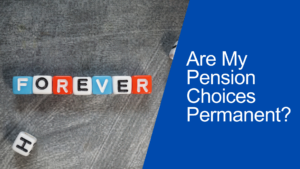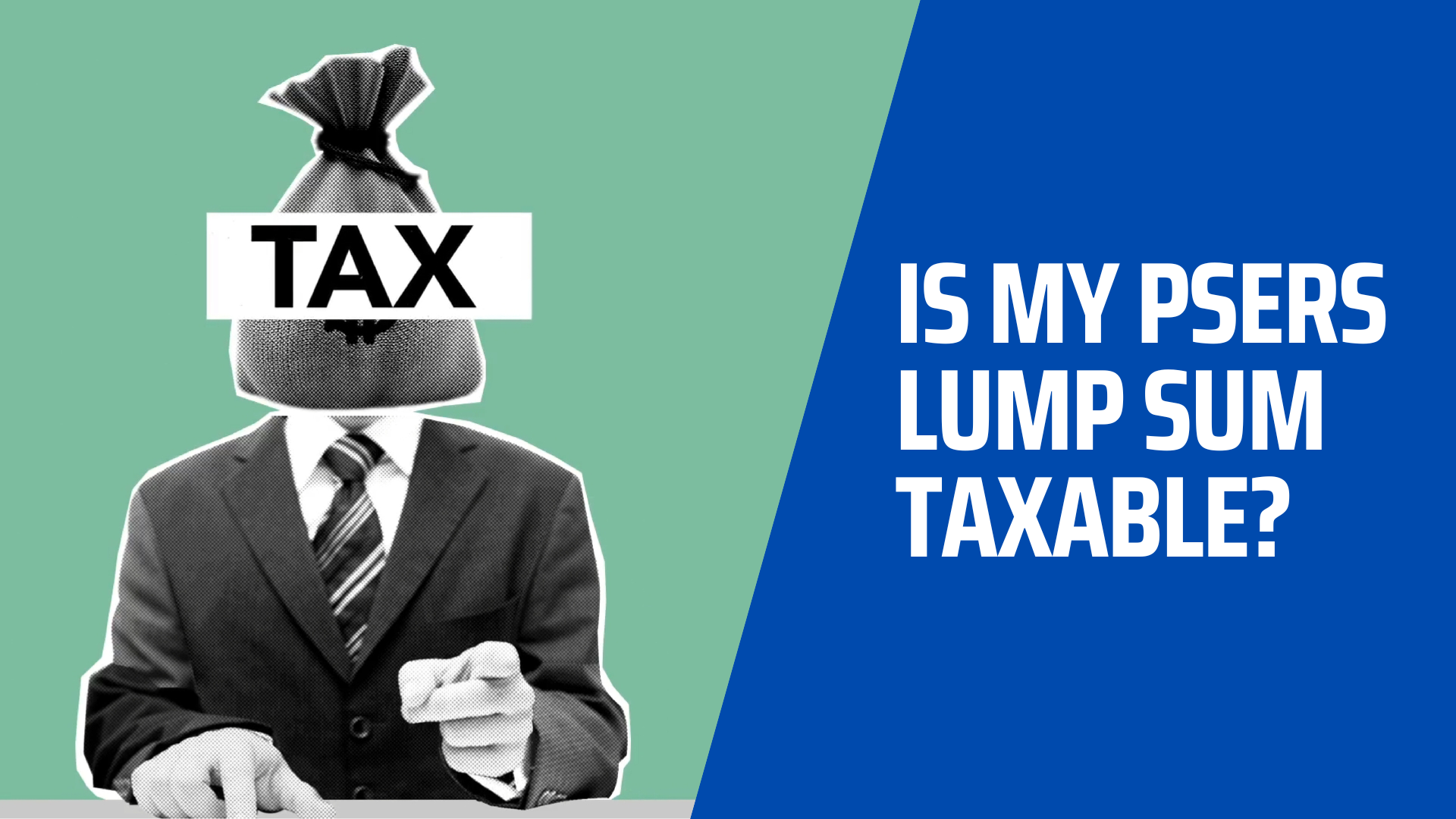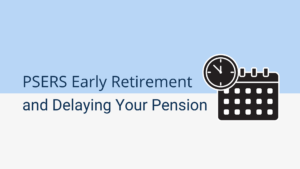In 2021, we talked with more PSERS members about retirement than ever before. Often, we hear that these educators are not only thinking about retirement but retiring earlier than originally planned.
Many PSERS members exploring retirement are not yet age 65 and won’t qualify for Medicare for several more years. This leads to a common concern of paying higher health insurance premiums during the first few years of retirement until Medicare benefits begin. For example, a teacher retiring at age 60 would have to cover the full cost of health coverage for five years before Medicare begins. Many educators decide to work longer simply to avoid these years of higher health insurance costs.
While there are no perfect solutions, there is a little-known strategy that can help. It involves smart use of the 403(b) retirement plan that most PSERS members have access to through their employer. Before we dive in, let’s review the basics of the 403(b) plan.
What is the 403(b) Retirement Plan?
The 403(b) is a retirement plan offered by non-profit organizations like school districts, hospitals, and charities. It works very much like a 401(k) does for businesses. Typically, your employer will have a list of approved 403(b) vendor companies with which they have contracted. You can find this list at your Human Resources office. The vendor you choose will help you set up your account.
Once your account is set up, you choose how your contributions will be invested. Most vendors offer a long list of funds from which to choose. You then decide how much money to contribute to your 403(b) from each paycheck. This means your take-home pay will be lower by this amount and the money will be invested in your account.
Many employers offer a pre-tax and a Roth 403(b). A Pre-tax 403(b) allows you to take a tax deduction for your contributions each year. However, when you withdraw the money in retirement, you must pay income tax on it then. The Roth 403(b) works in the opposite way. You do not get a tax deduction, but you could have tax-free growth on your contributions if you follow all the rules. You can learn more about Pre-tax and Roth plans here.
Important note: a Roth 403(b) account must be open for 5 years after your first contribution to avoid paying income tax on the gains in the account.
Let’s talk about how your 403(b) could help you retire when you want.
How could the 403(b) help me retire early?
This strategy takes advantage of a special IRS rule afforded to 403(b) plans called the Rule of 55. The Rule of 55 is a way to use your 403(b) money early in retirement and avoid the typical IRS penalties for doing so. The IRS usually charges a 10% penalty to access your retirement accounts before age 59 ½. This means that you must pay that penalty on top of income tax on your withdraw. Let’s look at an example:
Jim is 58 and wants to withdraw $20,000 from his pre-tax IRA. He will pay an early-withdraw penalty of 10% or $2,000. Since he is in the 22% tax bracket, he will also pay income tax of $4,400. In total, he’ll pay $6,400 in penalties and taxes to withdraw $20,000.
The same rule applies to withdrawing money from a Roth IRA except the income taxes would be assessed on the gains in the account rather than the full amount.
The Rule of 55 allows you to avoid the 10% IRS early-withdraw penalty on your 403(b). The rule states that if you are at or over age 55 when you retire, you can use your 403(b) penalty-free. This only works for the 403(b) at your current employer and not for old plans or IRAs. Many PSERS retirees choose to roll their 403(b) over to an IRA at retirement. Doing this would disqualify the account for the special rule and likely means the 10% penalty would be assessed on withdraws before age 59 ½.
If this strategy seems like it may be a good fit for you, it is likely best to avoid rolling over your 403(b) until later in retirement. This way, you can keep your funds invested and make penalty-free withdraws after age 55.
Using the 403(b) penalty-free can be especially helpful for retirees who will pay higher health insurance premiums until Medicare. If you’re getting health coverage through COBRA, the PSERS Health Options Program (HOP) or the Pennsylvania Health Marketplace, your premiums could be over $1,000 each month, depending on your options and income. You can learn more about your retirement health insurance options here.
This increase in health coverage costs can be a major problem for PSERS members retiring early on a fixed income of PSERS payments. Social Security usually doesn’t begin until at least age 62 so PSERS is often the only income source early on in retirement.
This strategy could help a PSERS member who wants to retire in their mid or late-fifties but is faced with these higher premiums. The 403(b) money can be used at or after age 55 to supplement PSERS pension payments and help make ends meet in early retirement. Some retirees will make these withdraws from the start of retirement until age 65 when Medicare starts and health insurance premiums go down significantly.
Others might use the 403(b) money until Social Security can begin at age 62. They might be able to stop making withdraws completely at this time or lower them based on how much they receive from Social Security. Either way, the 403(b) can act as a bridge to Social Security or Medicare.
The 403(b) is a great yet often-underutilized tool for PSERS members and retirees. It can it help you pay less income tax, build your retirement savings, and leave an inheritance. So often, educators will continue to work simply to keep their health coverage and avoid years of higher premiums before Medicare. While it isn’t an option for everyone, a well-funded 403(b) plan can provide you options at retirement and potentially help you to stop working a few years earlier.
If you aren’t contributing to a 403(b), contact your Human Resource office for a list of approved vendors to get started!



